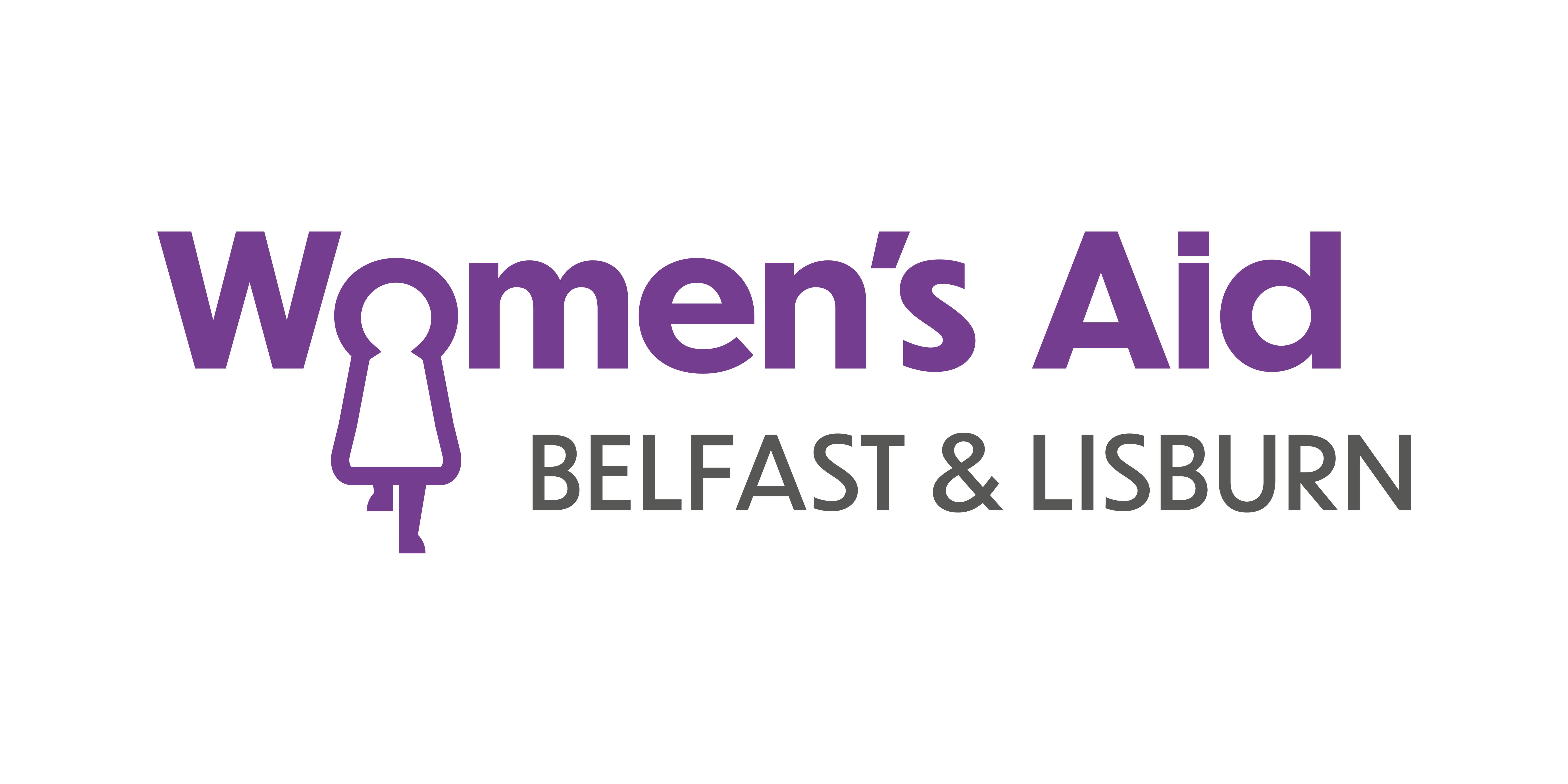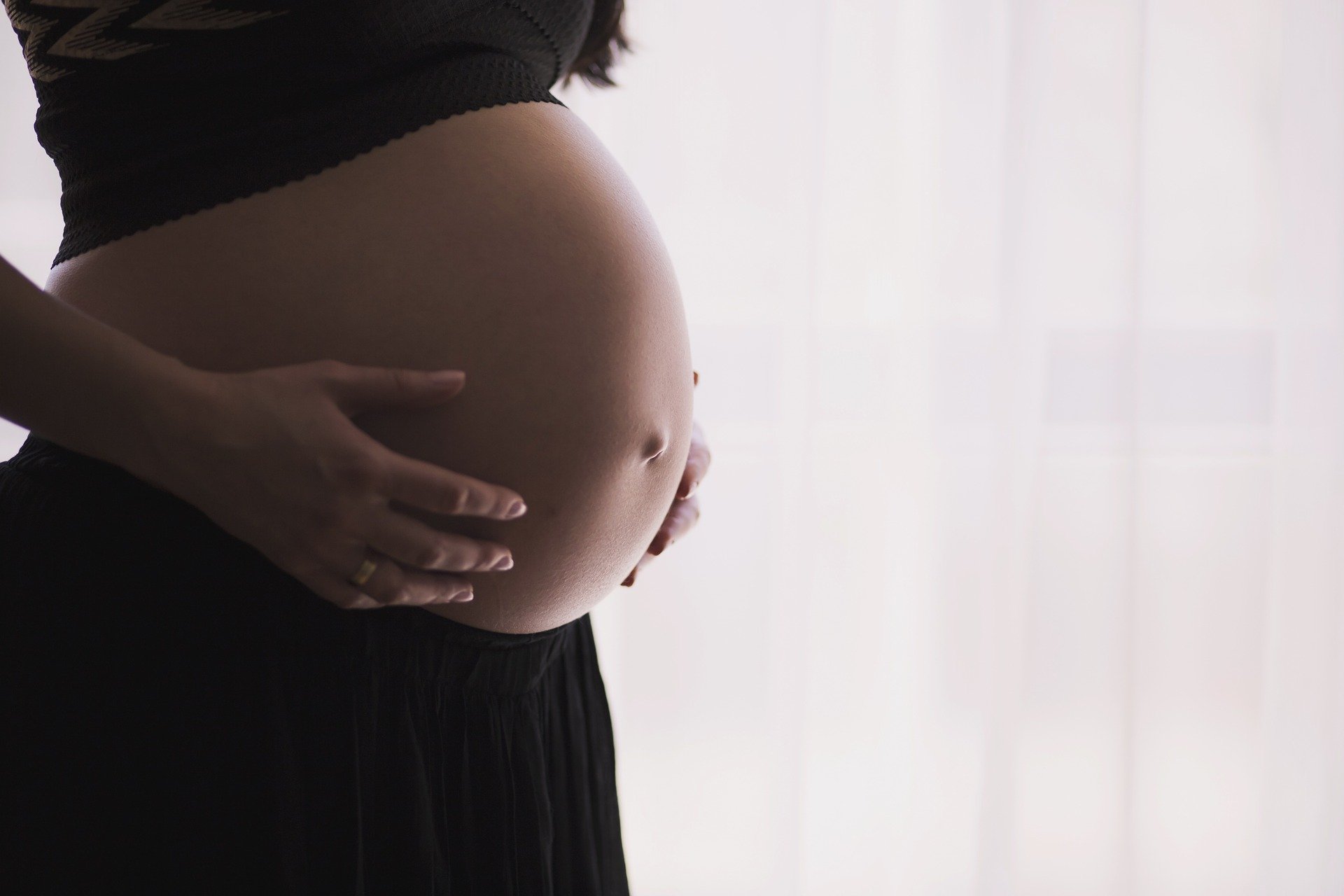Maternal mental health week
Maternal Mental Health Awareness Week was founded five years ago by the Perinatal Mental Health Partnership. The aim of the week, according to the Partnership, is to talk about maternal mental illness and signposting to support for mothers who are experiencing or have experienced mental ill health.
This year, the theme of maternal mental health week this year is ‘Journeys to Recovery’, focussing on the different things that can help recovery. The Perinatal Mental Health Partnership has encouraged those who feel comfortable to do so, to share photos of what has helped them recover.
Here at Belfast and Lisburn Women’s Aid we support and work with many mothers who are experiencing mental health difficulties, so we wanted to take the opportunity to highlight some of the work we do in our ‘Journey to Freedom’ programme.
We believe that mental health is a journey, and each person’s journey is different. By sharing our work this week, we hope to show that speaking up about maternal mental health issues faced on individual journeys can help to create a sense of community and support, and help mothers who feel isolated because of their mental health challenges feel less alone.
What is perinatal mental health?
Perinatal mental health is another name for maternal mental health, and refers to mental health challenges faced during pregnancy and up to a year after birth. There are a range of perinatal mental health issues that affect pregnant women and new mothers, such as:
- Anxiety – symptoms include: feeling light-headed or dizzy; feeling restless; getting headaches and backache; faster breathing; having a fast or irregular heartbeat; finding it hard to sleep; grinding your teeth; changes in your sex drive; having panic attacks
- Depression – symptoms include feeling: upset or tearful; restless, agitated or irritable; guilty or worthless; empty and numb; hopeless and despairing; low on self-confidence and self-esteem; hostile or indifferent to your partner and/or your baby; suicidal
- Post-partum psychosis – symptoms include: feeling excited or elated, severely depressed, and confused or disorientated; having rapid mood changes; being restless, unable to sleep, unable to concentrate; experiencing delusions (strong beliefs that others don’t share such as being followed or that your thoughts are being read) and/or hallucinations (such as hearing voices or seeing things that others don’t)
- Post Traumatic Stress Disorder – symptoms include: vivid trauma flashbacks; intrusive thoughts; nightmares; pain, sweating, nausea or trembling; finding it hard to sleep; being easily upset or angry; extreme alertness; irritability or aggressive behaviour; difficulty concentrating; being jumpy or easily startled; reckless behaviour; feeling emotionally or physically numb; feeling you can’t trust anyone; overwhelming feelings of anger, sadness, guilt or shame
Relate NI state that more than 1 in 10 women experience mental ill health during pregnancy or within the first year after giving birth, which can understandably be extremely worrying and isolating.
Mental health challenges faced by mothers, if left untreated (in whichever way suits the woman) can have a real impact on them, their children and their wider family. This is why it’s so important to encourage openness and support among women – mothers or not – when it comes to talking about perinatal mental health.
Domestic abuse and mental health in pregnancy and after birth
Many symptoms of the perinatal mental illnesses mentioned above – such as feeling overwhelming feelings of guilt and shame or feeling low on self-confidence and self-esteem – are also experienced by domestic abuse victims. This means that women who face domestic abuse whilst pregnant or after birth are not only at risk of suffering with ill mental health due to their pregnancy, but also due to the abuse from their current or ex-partner.
Not only this, but mental health diagnoses can also be used by perpetrators to abuse pregnant women or mothers further. Abusers will use the challenges women with a perinatal mental health face to further control her, doing things like:
- Saying she’s “mad” or couldn’t cope without him
- Threatening to take the child/children away
- Threatening to tell Social Services that she will be or is a “bad mother”
- Actually telling her she’s a “bad mother” and incapable of looking after the child/children
- Telling the child/children that she can’t look after them and/or is a bad mother
As Women’s Aid England state, these are tactics employed by abusers to add to your emotional distress and will likely make any existing perinatal mental health issues worse.
Mental health effects of domestic violence on mothers
The mental health effects and implications of domestic violence and abuse on mothers are complex, and vary from each woman to the next. However, there are some common mental health outcomes for pregnant women or new mothers experiencing abuse, including:
- Feeling ashamed of experiencing mental health issues
- Feeling guilty for how you feel towards your child/children
- Feeling like you are an inadequate or bad mother
- Having low self-confidence and self-esteem
- Feeling anxious about and having little confidence in your ability to be a mother
As we mentioned above, these feelings and symptoms can occur in pregnant women and new mothers who aren’t facing abuse too, and of course are equally as valid in this case. However, it is vital to understand that living with abuse will often exacerbate existing maternal mental health issues, because the abuser will use the woman’s struggle to further exert power and control over her, making her feel even more guilty, shameful and small.
How we can help
We understand that facing mental health challenges as a mother can be scary, let alone if you are facing abuse from a current or ex-partner too. We know that existing mental ill health can be worsened by abuse, and that abuse can harm your emotional wellbeing.
We have a range of support options for mothers who are experiencing or have previously experienced domestic abuse and whose mental health is suffering. We have counselling, one-to-one support, group workshops and programmes, as well as tailored services for your children. We encourage women to practice self-help, as well as offering our full support; we aim to build your confidence and help you on your way to flourishing.
No matter how isolated you feel, you are not alone. You are entitled to help and support as much as any other woman. Reach out to us today in whichever way suits you best:
Phone – 028 9066 6049
Email – support@Belfastwomensaid.org.uk
Webchat – www.belfastwomensaid.org.uk (Mon-Fri, 9am-5pm and til 8pm on Thursdays)
Show all posts

